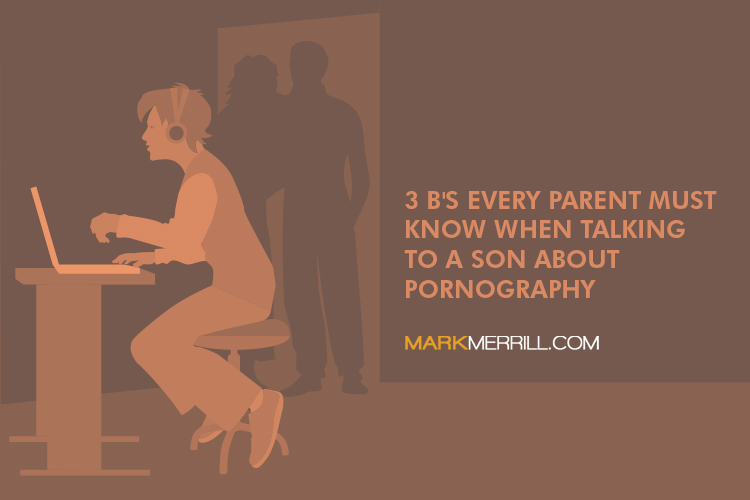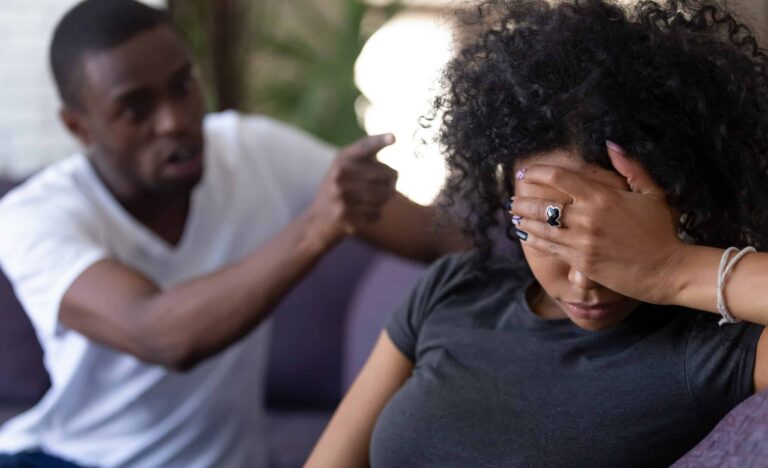The “pornification” of our culture is immense, destructive, and much more pervasive than when I was growing up. Pornography is being pushed upon our children and grandchildren like never before. And, of course, we all know that it is just one click away from our children.
Many research studies have shown time and again how harmful porn is to men of all ages — as well as to boys. The earliest exposure to pornography is falling to younger and younger ages. What’s a parent or grandparent to do? One thing is certain: Ignoring it with your son or grandson is not an option.
If a father is involved in his child’s life, I would encourage this to be a “man-to-man” discussion; if not, a grandfather or other male influencer should have the porn talk. Whoever is able to speak with your son or grandson about this issue, the important thing is that it is addressed early in a child’s life. What is the right age? Certainly by the time a boy is 11-12 years old, perhaps sooner.
Now, before you have this discussion, I would strongly encourage you to read How to Tackle Tough Topics with Your Teen. It will help you lay the groundwork so that your child will really listen to you. Also, be sure that you come to him with “clean hands.” If pornography is an issue that you are struggling with, be sure to admit it, address it, and attack it now!
So, here are the 3 B’s every parent or grandparent must know when talking to a son about pornography:
1. Be Real – “It’s there.”
Your son needs to know that you know that the poison of pornography is out there. Unfortunately, it’s pervasive, especially online. Let him know that you aren’t the kind of man that ignores it or pretends it’s not there. Pulling this issue out of the darkness and into the light can be extremely uncomfortable, but it is undeniably necessary. Once it is in the light, it can be clearly seen for what it is. A poison that is toxic to the soul.
2. Be Vulnerable – “I’ve seen it.”
As I’ve discussed this issue with my two sons, I shared with them that I’ve seen it. I saw it when I was younger in magazines and other places; a few years ago through an email that I inadvertently opened; and also, in a movie a few months ago that I thought was PG-13, but was actually UN, which means its the unedited version. I shared more about that in Are you Equipped to Protect Your Family from the Poisons of Pornography?
By sharing my experience, they felt the freedom to share theirs without feeling ashamed or afraid that they were going to get in trouble. It allowed me to ask them if they’ve ever seen it and whether it’s something that they have felt a strong lure towards.
3. Be United – “You’re not alone.”
Young boys and young men alike already wonder if what they struggle with physically, emotionally or spiritually is “normal.” They wonder if they are the only ones experiencing these thoughts and feelings. If your son thinks he is alone in this battle, he may start to feel shame, condemnation, and hopelessness.
Assure him that you are in the battle with him and that you need him in the battle with you. Assure him that you love him no matter what. Give him permission to ask you how you are doing on this issue and let him know that you’ll check in with him periodically as well to see how he’s doing. By the way, this is not just something you talk about one time. It should be an ongoing dialogue with your son.
For more related resources:
For more tips on having solid conversations with your sons:
How have you handled discussing this subject with your son or grandson? Please share in our comments below!



